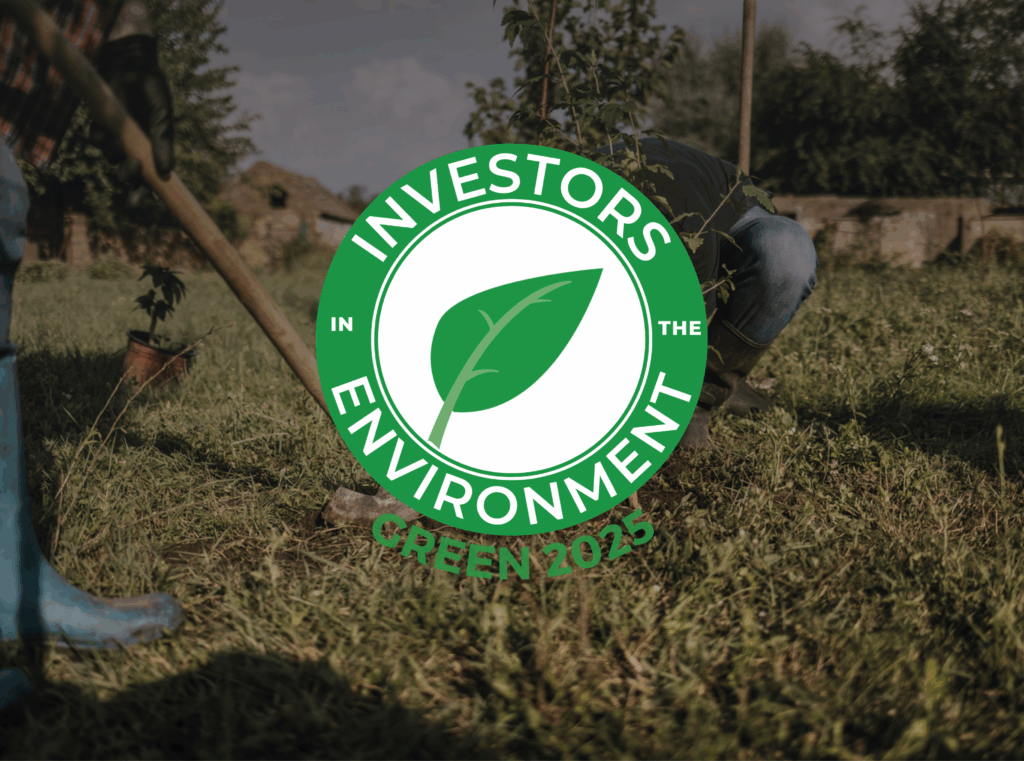
How Loan Finance Can Support Your Energy Efficiency Projects
Energy efficiency is no longer optional for charities, social enterprises, and housing providers, it’s a strategic necessity. Rising energy costs, climate commitments, and the need to future-proof buildings mean organisations across the social sector are feeling the pressure to act now.
But how do you fund these improvements when budgets are already stretched? That’s where green finance comes in.
To help you explore practical funding options, Charity Bank is hosting a free Green Finance Webinar on Wednesday 10th December. This one-hour online session will show you how ethical loan finance can unlock the projects you need to make your organisation more sustainable, whether you’re planning solar panels, insulation, EV charging points, or retrofitting housing stock.
Read on to discover why energy efficiency matters, what you’ll learn in the webinar, and how loan finance could be the key to achieving your sustainability goals.
Why energy efficiency matters for the social sector
Charities, social enterprises, and housing providers often operate from older buildings or estates that are expensive to heat and maintain. Investing in energy efficiency, such as insulation, LED lighting, solar panels, or heat pumps, can help:
- Reduce operating costs for offices, community spaces, and housing stock
- Lower carbon emissions, helping meet environmental and regulatory targets
- Improve comfort and accessibility for residents, staff, and visitors
- Future-proof your organisation against rising energy prices
However, these upgrades require upfront investment, and grants alone rarely cover the full cost. That’s where green finance comes in.
Introducing Charity Bank’s green finance webinar
Date: Wednesday 10th December
Time: 12pm-1pm
Location: Online (Free to attend)
Reserve your place here
This one-hour session is designed for charities, social enterprises, and housing providers planning energy-efficient upgrades. Whether you’re considering solar panels, insulation, EV charging points, or retrofitting housing stock, our experts will provide practical guidance to help you make informed decisions.
What you’ll learn
- Funding Options: Explore how ethical loans can help finance projects from £150,000 to £7.5 million, with blended finance options for smaller initiatives.
- Real-World Examples: Hear how organisations like Kent Wildlife Trust transformed their visitor centre with a £1.5m loan and £62,000 green grant, cutting energy costs and boosting sustainability.
- Practical Tools: Discover our free Energy Savings Tool and tips for planning upgrades that deliver measurable impact.
- Expert Insights: Get your questions answered by our lending specialists, Carolyn Sims (Director of Social Impact Lending) and Nathan Whitaker (Director of Business Development & Borrower Experience).
Why loan finance could be the key
Grants are competitive and often limited. Loans provide flexibility and speed, enabling you to:
- Start projects sooner rather than waiting for grant cycles
- Spread costs over time with manageable repayments
- Combine loans with grants for a blended finance approach
- Align funding with your organisation’s mission and sustainability goals
Charity Bank’s green finance solutions are tailored to the social sector, ensuring ethical lending that supports your values.
Join us for our webinar to learn more
Secure your spot today via Eventbrite. Don’t miss this opportunity to learn how loan finance can power sustainability for charities, social enterprises, and housing providers.
About Charity Bank
Charity Bank is the loans and savings bank owned by and committed to supporting the social sector. Since 2002, we have used our savers’ money to make more than 1400 loans totalling over £605m to housing, education, social care, community and other social purpose organisations.
Nothing in this article constitutes an invitation to engage in investment activity nor is it advice or a recommendation and professional advice should be taken before any course of action is pursued.


